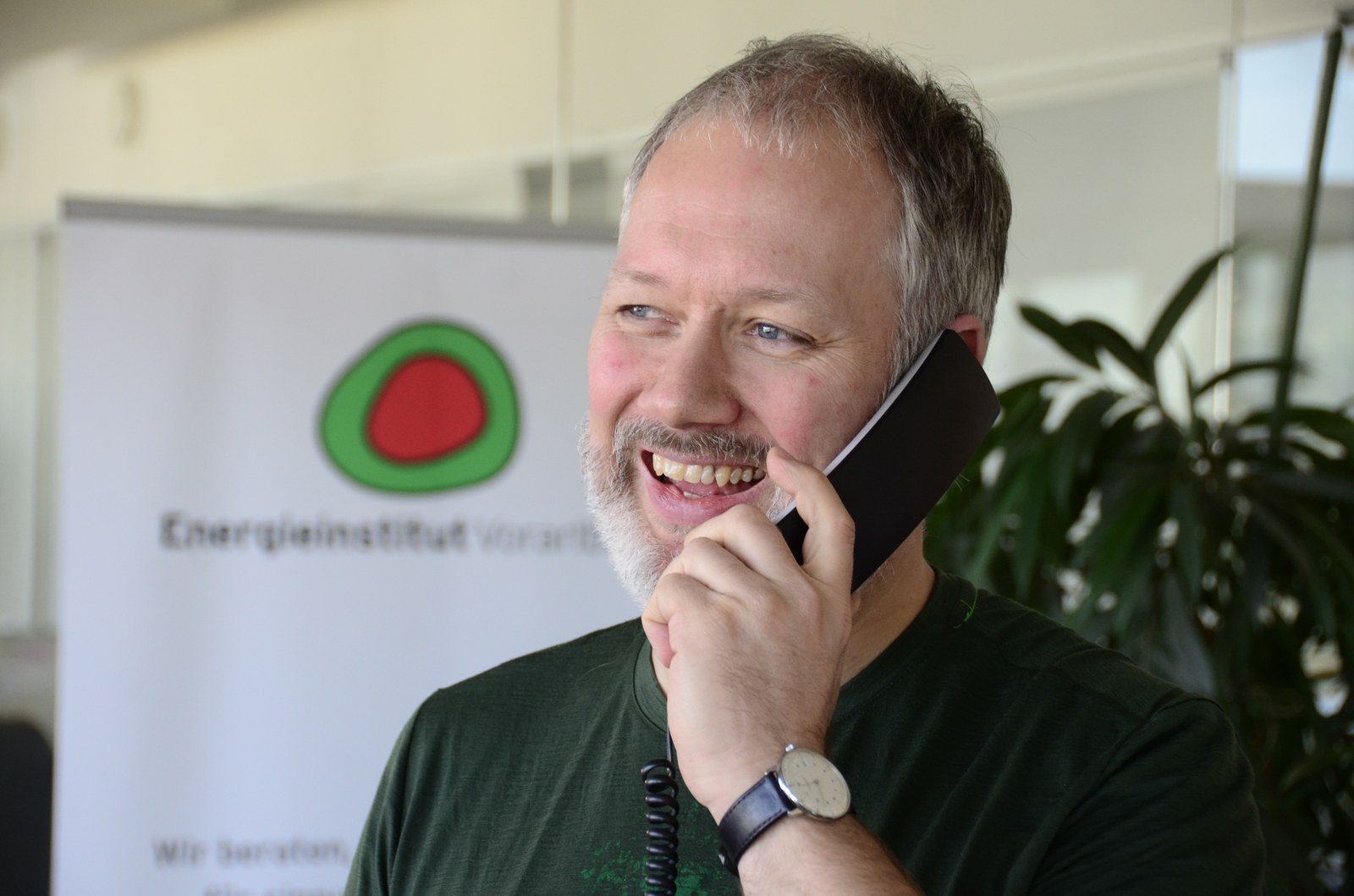Wohngesund (healthy living)
The Interreg project “wohngesund” contributes to the development of transnational standards for healthy and ecological residential buildings in the Lake Constance region. In the “wohngesund” project, the standards for healthy and ecological residential buildings in the Lake Constance region were analyzed, harmonized and further developed on a cross-national, integrative and joint basis.






Target
The aim of the project was to make the country-specific differences visible, to understand them and to pass them on to the actors in the economic region of Lake Constance. If possible, the specifications and building labels should be harmonized across countries in order to facilitate a broad implementation of health and environmentally compatible residential buildings and a higher market penetration of corresponding building products.
Project partner
- Energy Institute Vorarlberg (AT)
- Austrian Institute for building and ecology (AT)
- Association eco-bau (CH)
- Energy Agency Ravensburg (DE)
- baubook GmbH (AT)
- Hochschule München (DE)
- University of Applied Sciences Nordwestschweiz (CH)
Project details
- Project period: 01.01.2019 - 31.12.2020
- Total cost: EUR 211.836,45 €
- Funding framework: Interreg-funding: Eur 107.664,75, cofinancing CH: Eur 11.338,32
Project flow
The project investigated the requirements for building products with regard to low pollutant and emission levels, the quality assurance procedures, the health and environmentally compatible products available on the market and their dissemination and acceptance by market participants, such as property developers, planners, specialist consultants, construction companies, etc. During the implementation, the focus was on the joint further development of standards, knowledge building, the generation of synergies and thus the strengthening of the topic in the entire Lake Constance region.
Project outcome
In the future, the newly created online platform „baubook – Kriterienwerkstatt“ will serve as a forum for current housing health topics and their potential application in the form of building material criteria.
- Innovation aspects and benefits
- Development and harmonization of “healthy building” requirements
- Bundling of knowledge and resources
- Customer and supplier security through the common standards
- Higher market penetration
- Cross-border training offer

